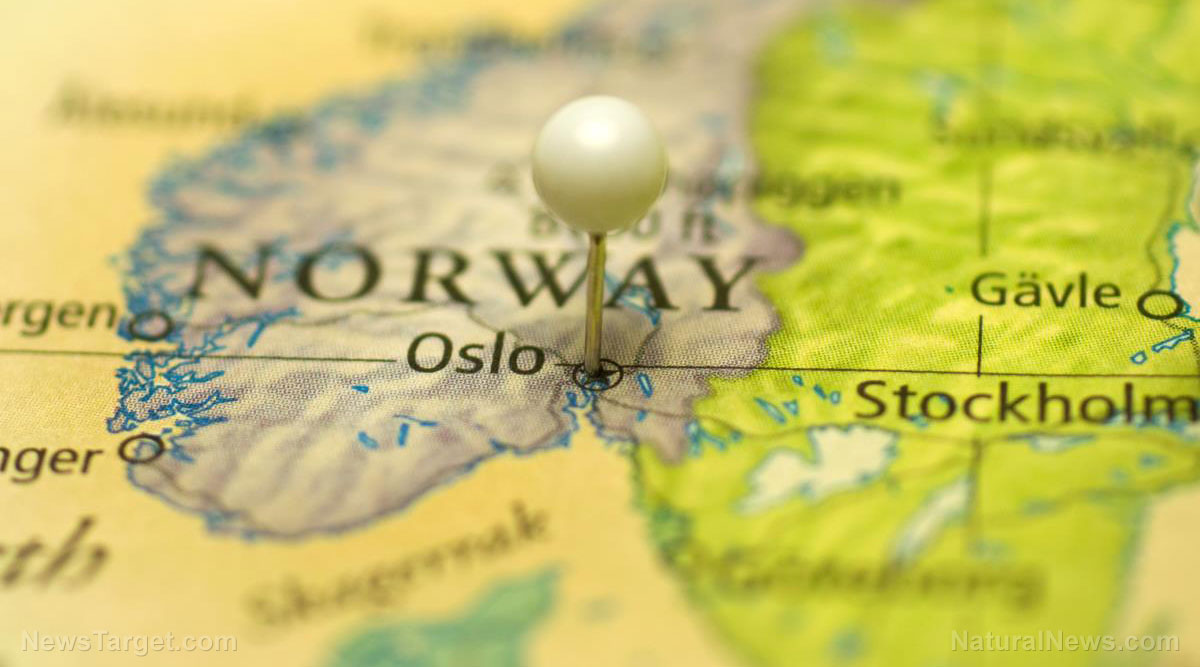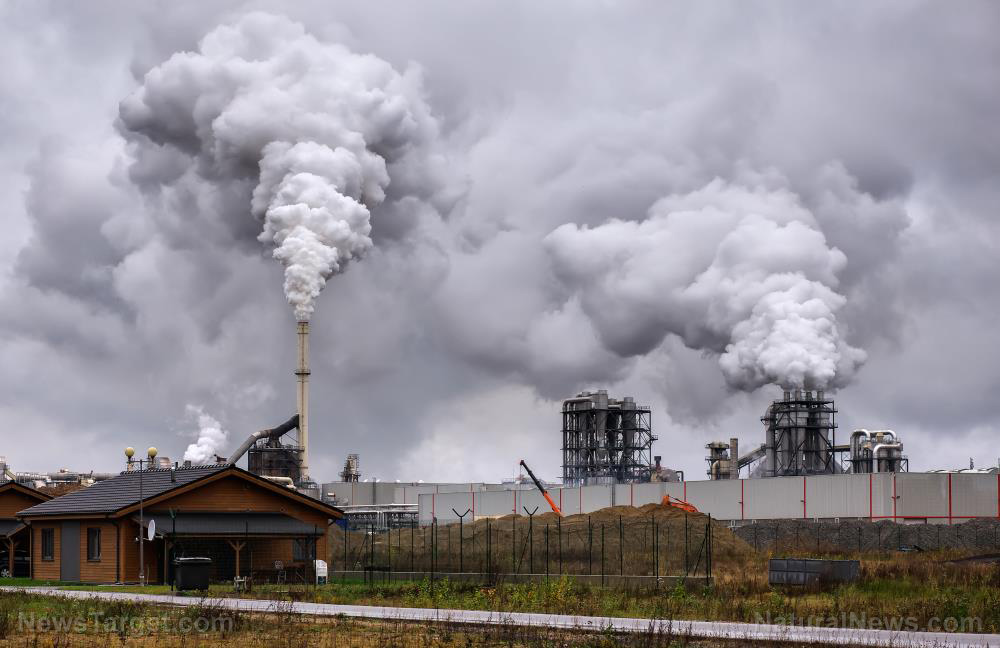 Parler
Parler Gab
Gab
Blasts, gas leaks on Nord Stream pipelines
The sightings of drones followed three unexplained gas leaks and two explosions on the Nord Stream 1 and 2 pipelines on Sept. 26. Denmark also moved to secure its own platforms. The CIA warned weeks ago that the pipes could be attacked, and agents sent a "strategic warning" to its European allies over the summer that the pipes were at risk. However, they did not say whether or not Russia was identified as the culprit. The warning was also non-specific and did not pinpoint a time or location for an attack. European officials said "no one is thinking this is anything other than Russian sabotage," but they have no hard evidence to publicly blame Moscow yet. (Related: CIA recently warned Germany about possible Nord Stream pipeline attack, says German magazine.) Russia does have the capacity to carry out such an attack, as it has the most significant spy submarine fleet in the world and has spent years updating its capabilities. The Belgorod, which is a nuclear-powered stealth submarine, can sabotage undersea cables and has the capacity to target a pipe. The blasts are also said to be located in waters around 230 feet deep, which is shallow enough for divers to reach. Russia has direct access to the Baltic Sea from Kaliningrad. Moscow also has the ability to put money into underwater drones that could be used to blow the pipe. The explosions came on the same day that Poland, Norway and Denmark opened the new pipe running under the Baltic that is designed to supply oil to central and eastern Europe without relying on Russia, which could be a motive for Kremlin. Moscow, however, has denied involvement in the Nord Stream blasts. Visit FuelSupply.news for more news about the dwindling gas and oil supply in Europe heading into the winter. Watch the video below for more information about the Nord Stream pipeline sabotage and what this means for the rest of the world. This video is from the HighHopes channel on Brighteon.com.More related stories:
Germany on the cusp of RECESSION following Nord Stream gas flow reductions.
TO ASHES: Desperate Europeans burn TREES for warmth following destruction of Nord Stream pipelines.
CONFIRMED: Nord Stream 1 and 2 pipelines SABOTAGED as third world war looms.
Sources include: NewsPunch.com DailyMail.co.uk Brighteon.comUkrainian army’s commander-in-chief poses with swastika bracelet
By News Editors // Share
Will Girlboss Militarism get us all nuked?
By News Editors // Share
Europe in “deindustrialization” spiral due to energy crisis, warns Goldman Sachs
By Ethan Huff // Share
All of us are in danger: When anti-government speech becomes sedition
By News Editors // Share
Amusing tales of a coal bottleneck in Germany and the failure to plan
By News Editors // Share
Governments continue to obscure COVID-19 vaccine data amid rising concerns over excess deaths
By patricklewis // Share
Tech giant Microsoft backs EXTINCTION with its support of carbon capture programs
By ramontomeydw // Share
Germany to resume arms exports to Israel despite repeated ceasefire violations
By isabelle // Share










